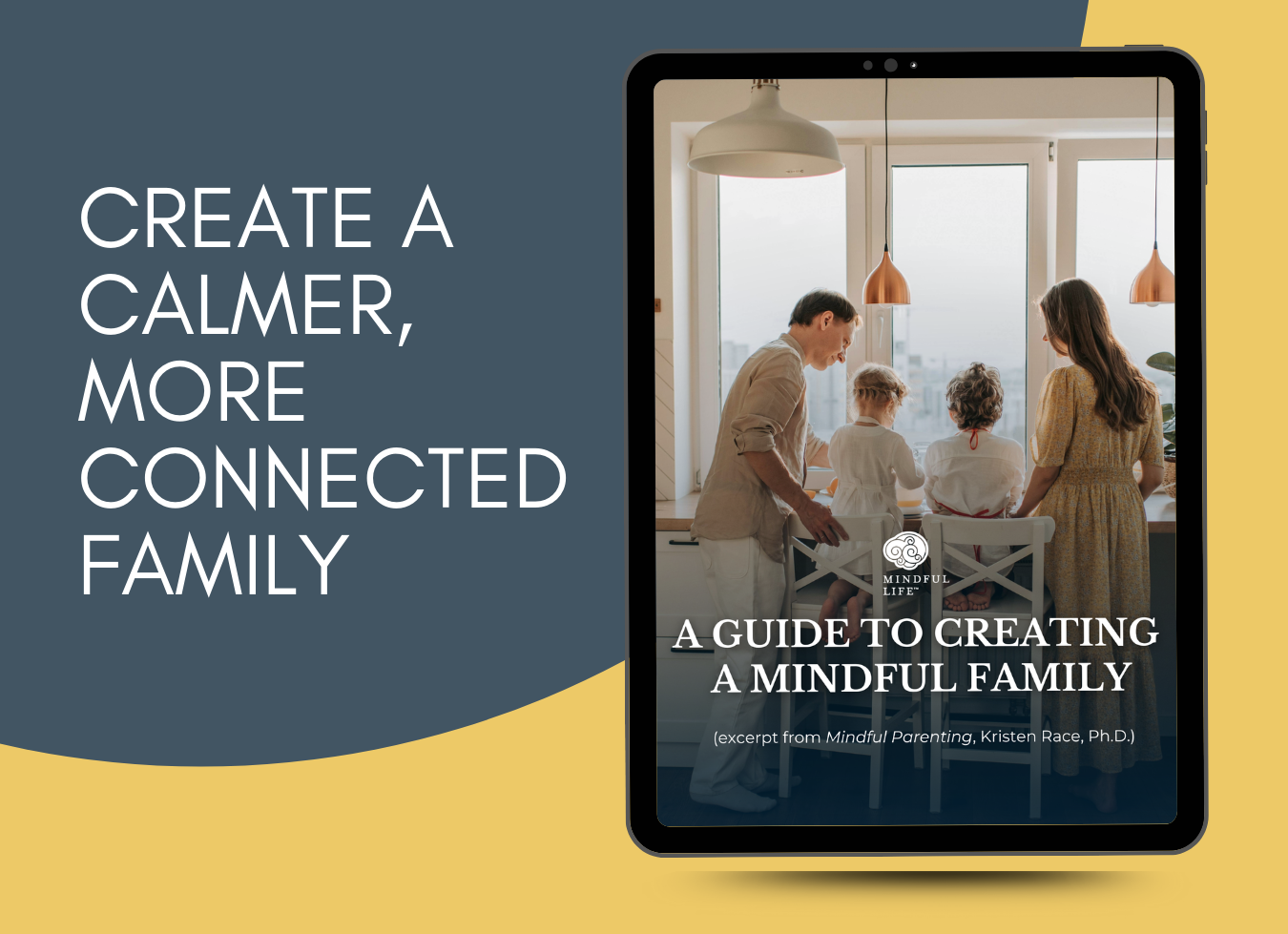3 Ways to Break Up With Your Phone at Dinner
Mar 12, 2024
Do you ever go out to dinner and notice that the people at the table next to you are all on their phones? Or maybe that scenario better describes your own table? The phones might start out in pockets and purses, but inevitably someone asks a question that must be Googled, which sparks another idea that must be Googled. Finally, an almost instinctual urge to check the phone overcomes the rest of the table, and before you know it, everyone’s face is bathed in LED light.
“As useful as smartphones can be, our findings confirm what many of us likely already suspected,” said Ryan Dwyer, lead author of a recent study published in the Journal of Experimental Social Psychology. “When we use our phones while we are spending time with people we care about, we enjoy the experience less than we would if we put our devices away.”
“An important finding of happiness research is that face-to-face interactions are incredibly important for our day-to-day well-being,” said Elizabeth Dunn, the study’s lead researcher.
Our need to socialize is hardwired into our brains. We are social creatures and our very survival depends on being social. Ironically, our increased use of smartphones is a reflection of this social need—checking and updating social media and texting friends is one way we interact with others—but it can quickly become an unhealthy addiction, according to another study by researchers from McGill University in Canada. “We’re trying to offer some good news and show that it is our desire for human interaction that is addictive,” said Professor Samuel Veissière, an author of the study.
So how do we maintain social interactions without becoming overly dependent on our devices? Here are some tips to help you stay connected—in the best way possible.
Put Your Phone Away
You can be the change you want to see at the dinner table. Behavior is contagious. If you refuse to take out your phone and instead remain engaged with the people around you, you’ll set an example that others are likely to follow. And when one person takes out her phone, resist the urge—strong as it may be—to do the same. She’ll feel the pressure to put her phone down if you’re not also checking your own device alongside her. If a topic comes up that requires research or a photo to share, commit to sharing the photo or answering the question after the meal is over.
Turn Off Push Notifications
That sound your phone makes when you receive a text, email, or social media update sends a message to your brain that triggers an urge in you to check your phone. That urge becomes more urgent as each moment passes until finally, once you give in, dopamine is released in the brain making you feel momentarily content. Until the next ‘ding’!
If you haven’t already, turn off as many notifications on your phone as you can. Almost every app on your phone will send you a notification if you let them, all vying for your attention. Control your phone before it takes control of you. Go to your phone’s settings, and under “Notifications,” decide which apps will interrupt your day.
Set Limits on Checking Email and Social Media
If you mindlessly open your email or Facebook app when you have a moment, you might find yourself doing so during lulls in conversation at the dinner table. Very few emails are so important that you can’t read them later. If you are a habitual checker, set time limits on opening email and social media. Maybe one check per hour would be an improvement. Or maybe you only open email twice a day and social media once. Whatever your limit, make it feel doable while also challenging you to keep your attention elsewhere.
I hope these tips help you connect more when you’re out to eat with friends and family. Bon appetit!

